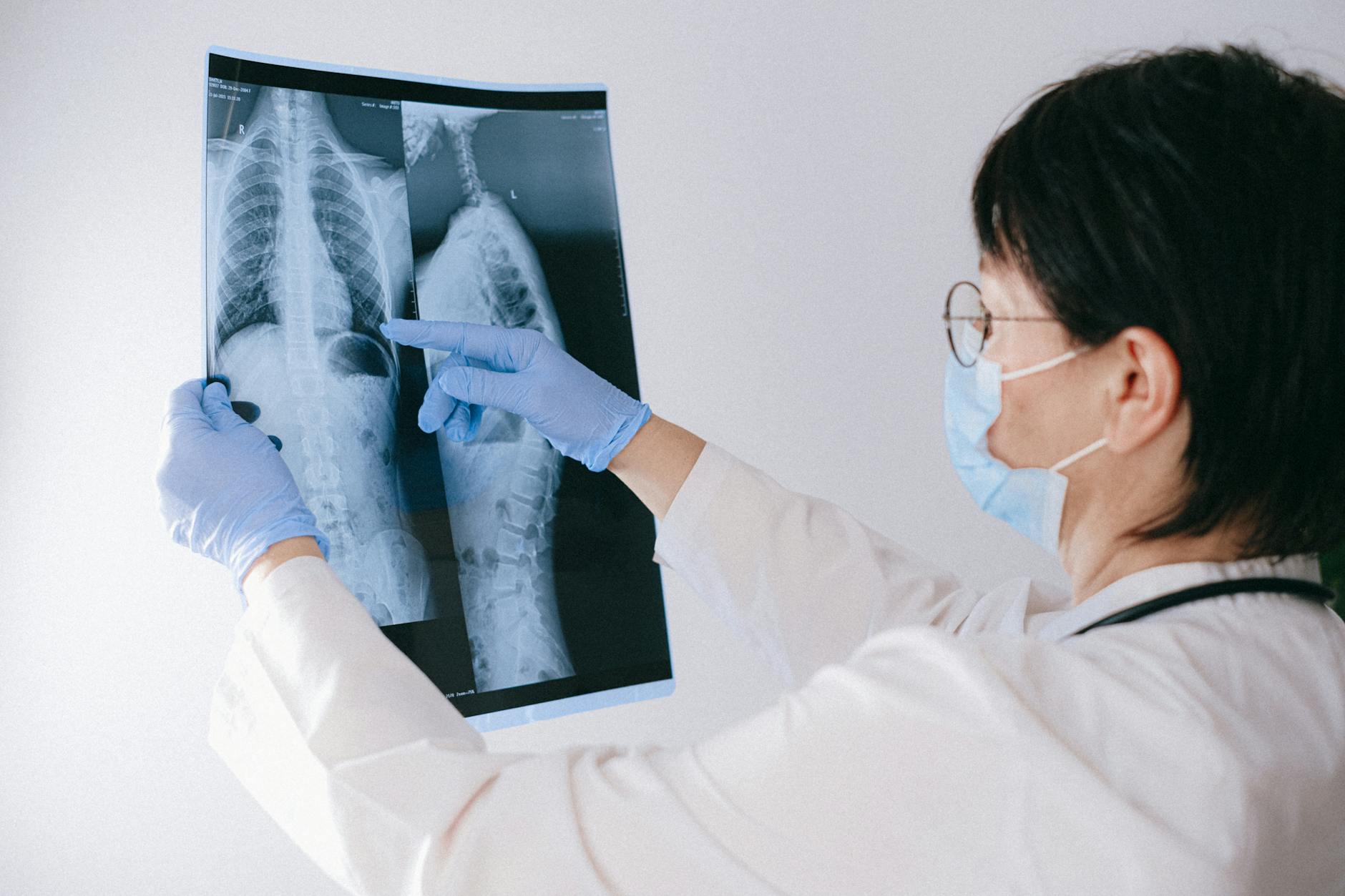
Pulmonology is the study and treatment of lung and respiratory system conditions
Pulmonology is a branch of medicine focused on diagnosing, treating, and preventing diseases of the lungs and respiratory system. Pulmonologists specialize in conditions such as asthma, chronic obstructive pulmonary disease (COPD), pneumonia, tuberculosis, and lung cancer. They also treat sleep-related breathing disorders like sleep apnea and work with patients to manage symptoms related to respiratory infections and allergies.
Pulmonology is crucial for anyone experiencing chronic or severe breathing issues.
When should you see a pulmonologist?
You should see a pulmonologist if you experience persistent or severe respiratory symptoms. This includes chronic cough, shortness of breath, wheezing, or chest tightness that doesn’t improve with over-the-counter medications. If you have a history of smoking, a family history of lung disease, or have been diagnosed with conditions like asthma or COPD, it’s a good idea to consult a pulmonologist. They can provide specialized care, proper diagnosis, and advanced treatment options.
If respiratory symptoms persist or worsen, consulting a pulmonologist is essential.
Conditions treated by pulmonologists
Pulmonologists treat a wide range of respiratory conditions, including asthma, pneumonia, COPD, bronchitis, and pulmonary fibrosis. They also manage diseases like tuberculosis, cystic fibrosis, and lung cancer. Pulmonologists are skilled in evaluating symptoms like chronic cough, breathing difficulties, and abnormal chest sounds. They use advanced testing, such as pulmonary function tests, CT scans, and sleep studies, to provide accurate diagnoses and effective treatment plans.
Pulmonologists treat everything from asthma to complex lung diseases, using advanced diagnostic tools.
Sleep apnea and other sleep-related disorders
Sleep apnea is a common condition treated by pulmonologists. This disorder causes breathing to stop and start repeatedly during sleep, leading to poor sleep quality and other health issues like fatigue and high blood pressure. A pulmonologist can help diagnose sleep apnea through sleep studies and recommend treatments like CPAP therapy or other interventions to manage the condition. Addressing sleep apnea is crucial to maintaining overall health, especially if it leads to heart problems or other complications.
Pulmonologists play a key role in diagnosing and treating sleep disorders like sleep apnea.
Chronic cough and wheezing that doesn’t go away
A persistent cough or wheezing could indicate an underlying respiratory problem that requires medical attention. If over-the-counter treatments don’t alleviate the symptoms or if they persist for more than a few weeks, it’s time to see a pulmonologist. They can perform diagnostic tests like chest X-rays or a bronchoscopy to identify the cause of the symptoms, whether it’s asthma, a respiratory infection, or another lung condition.
Persistent cough or wheezing should be evaluated by a pulmonologist to rule out serious conditions.
Managing chronic respiratory diseases
Chronic respiratory conditions such as COPD, asthma, or pulmonary fibrosis require long-term management and care. A pulmonologist is key in helping patients manage these conditions effectively, providing medications, lifestyle advice, and strategies to improve lung function. They can also help manage flare-ups, prevent complications, and guide patients on how to live with and manage chronic diseases, improving quality of life.
For chronic lung diseases, regular care from a pulmonologist can help prevent worsening symptoms.
Pulmonary function tests: What are they and why are they important?
Pulmonary function tests (PFTs) are used to measure lung capacity and the function of the respiratory system. These tests are crucial for diagnosing and monitoring conditions like asthma, COPD, and pulmonary fibrosis. A pulmonologist will use these tests to determine how well your lungs are working, what might be affecting your breathing, and what treatments may be necessary.
Pulmonary function tests help pulmonologists assess lung health and diagnose respiratory conditions.
Pulmonology plays a role in preventing and managing lung cancer
Lung cancer is one of the leading causes of death worldwide, and pulmonologists play a critical role in its early detection and management. If you have a history of smoking or a family history of lung cancer, regular check-ups with a pulmonologist can help detect signs of lung cancer early. They can use imaging tests, biopsies, and other diagnostic tools to identify tumors and provide treatment options, including surgery, chemotherapy, or radiation therapy.
Pulmonologists help manage and detect lung cancer early, improving the chances of successful treatment.
The role of pulmonologists in post-operative lung care
After surgery, especially if it involves the lungs or chest, pulmonologists are often involved in post-operative care to ensure proper lung function and recovery. They monitor for complications like pneumonia, respiratory infections, or problems related to anesthesia. Pulmonologists help guide patients through the recovery process, advising on breathing exercises and ways to improve lung health after surgery.
Pulmonologists provide essential care for patients recovering from lung-related surgeries.
